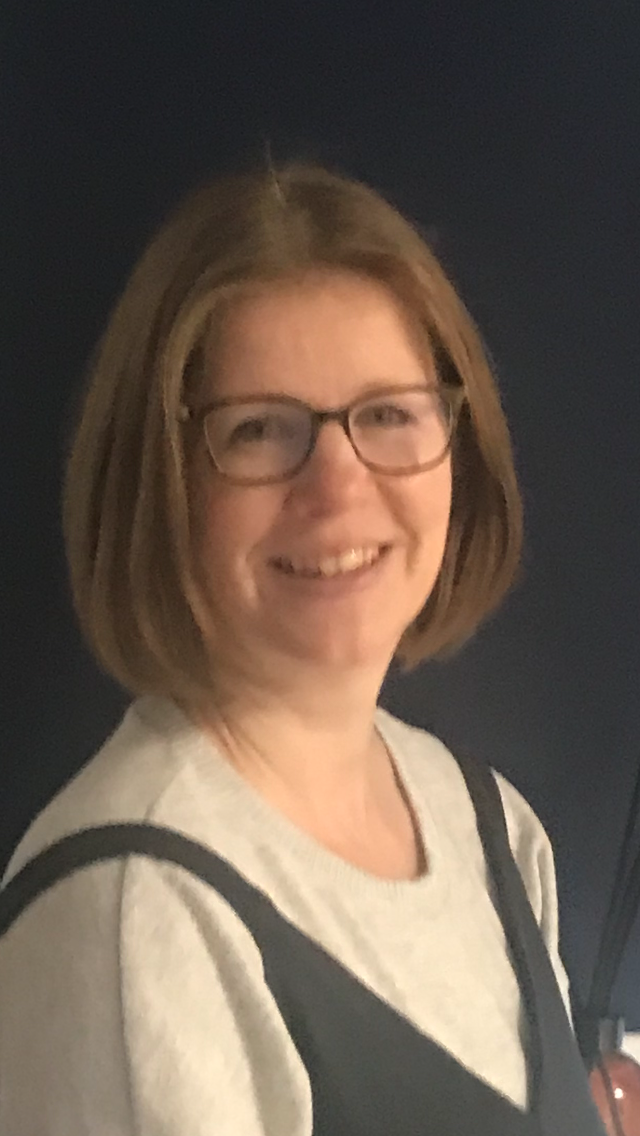How long have you worked at Harefield Hospital?
I started working in the transplant unit at Harefield in 2000. It was a great experience, but I felt that I needed to broaden my nursing experience before specialising. I therefore left for a few years to work in other hospitals and spent some time with the Royal Naval Reserve. I returned to Harefield Hospital in 2008, where I then took my current position as clinical nurse specialist in advanced heart failure in 2014.

Can you describe what you do day-to-day?
My team runs three clinics each week and we see patients who have heart failure due to a variety of reasons. As a transplant centre which covers the southwest of England and part of Wales, we try to provide a ‘one-stop’ clinic day for our patients to avoid them having to come back to the hospital on multiple occasions for different tests. This requires a great deal of coordination within the team. During these clinics, I spend time counselling patients about living with heart failure, checking that they are managing their condition through medication and identifying when changes may need to be made to their treatment. I do this alongside providing support and information about the assessment process for a heart transplant.
I also support patients who are on the heart transplant waiting listing either at home or in the hospital. On the wards I see a variety of patients ranging from those who are newly diagnosed with heart failure, to those waiting for an urgent heart transplant. For patients on the urgent list, life can be extremely challenging as they are away from loved ones and often have an uncertain future ahead of them. They are also dependent on inotropes (drugs that tell your heart muscles to beat or contract with more or less power) which, like with all medication, can have side effects. To improve the care we provide for this group of patients, I have been working on a project involving a risk assessment guideline which could allow patients to leave the ward area for a period of time and enjoy the garden areas that Harefield is lucky enough to have.
Which part of your job is most challenging?
There are several challenges working in such a busy role with very unwell patients.
With this job I build great relationships with patients, supporting them through their heart failure journey and onwards to heart transplant. The wait for a suitable organ is a rollercoaster of hope and sometimes sadness when a suitable organ cannot be found in time. For me, this is the most challenging part of the role.
A lot of my role involves being a detective and tracking down information about patients from multiple sources. We have to work hard to get this information quickly to make sure our patients receive the best possible care.
What is the best thing a patient has ever said to you?
‘Stairs, no problem’. These were the first few words that one of my patients said to me following his discharge after a heart transplant last year. Prior to his surgery, his heart function was so poor he couldn’t leave his flat. Hearing those words made my day as he is no longer confined to his home, and he can now go out and visit family and friends.
Why did you decide to work in healthcare?
I wanted to work with people from various walks of life and hopefully make a difference.
What did you want to be when you were younger?
A Hollywood actress!
What motivates you to wake up and go to work?
I enjoy coming to work and meeting the challenges of the day, but I am a terrible morning person and generally more effective after 10am!
